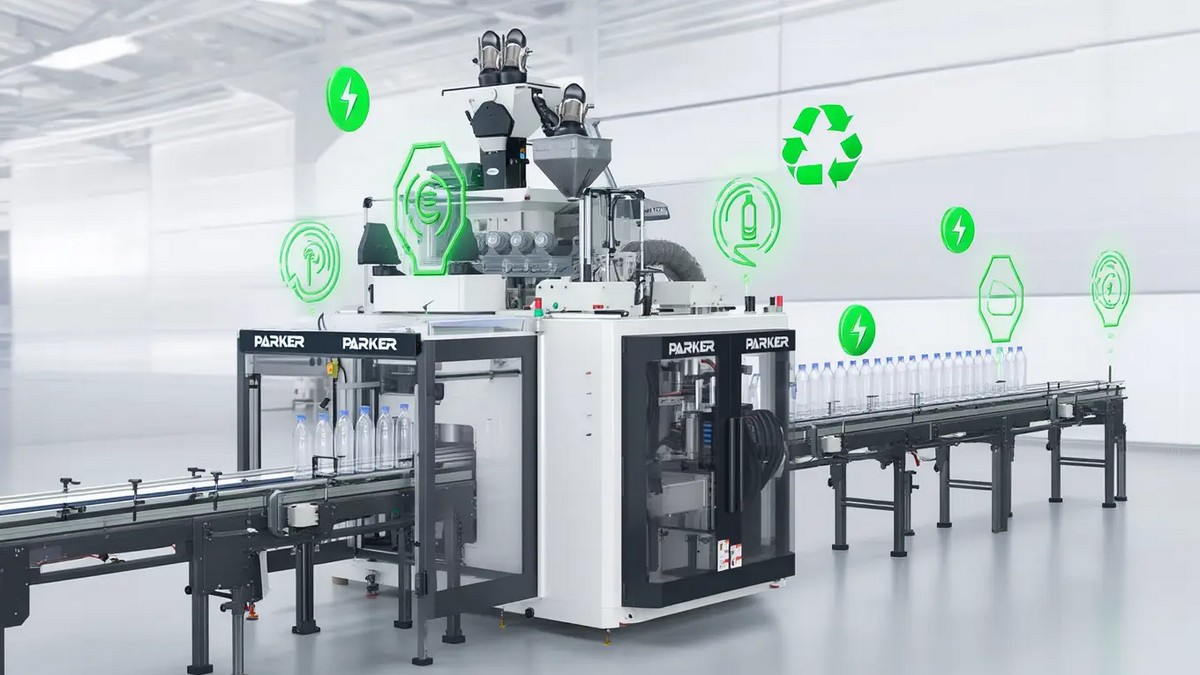The global rollout of 5G technology has been a catalyst for rethinking the materials used in next-generation devices. Unlike previous mobile generations, 5G relies heavily on millimeter wave (mmWave) frequencies, which offer faster data speeds but are more vulnerable to interference. With escalating demands for electromagnetic interference (EMI) shielding and thermal regulation in compact, high-frequency environments, advanced plastics are becoming the backbone of 5G infrastructure. Taiwan manufacturers are engineering high-performance polymers that meet the complex requirements of these modern telecommunications.
Why Plastics Matter in the 5G Era
Because 5G relies on millimeter wave (mmWave) frequencies to achieve faster data speeds—and is more vulnerable to interference—devices and infrastructure components such as antennas, base stations, and enclosures must be shielded against EMI while also managing the heat generated by high-speed data processing.
Traditionally, metals have served this function, but they pose design and weight constraints. Today, companies are turning to conductive polymers and thermally enhanced plastic composites that offer similar performance benefits with lower weight, greater moldability, and improved corrosion resistance.
These plastics, formulated with metallic or carbon-based conductive additives, minimize EMI and ensure signal integrity in high-frequency applications. Demand for conductive polymers is surging across sectors such as telecommunications, consumer electronics, automotive, and aerospace.
Breakthroughs in Taiwanese Plastic Engineering
Several Taiwanese manufacturers have been quietly pushing the frontier in polymer innovation for electronics and telecoms. Companies such as Enpla, Lien Chy Metal, and Shinkong Synthetic Fibers Corp. are leading the way with new materials tailored for 5G devices.
• Taiwan Carbon Materials Corporation (TCMC) TCMC offers high-performance thermal management products, including thermal spreaders and roll-type heat spreaders. Their solutions are tailored to meet the thermal control requirements of 5G devices, ensuring efficient heat dissipation.
• Enpla Industrial Co., Ltd. specializes in high-performance engineering plastics. Their development of electrically conductive plastics supports EMI shielding requirements while maintaining excellent processability for complex components.
• Lien Chy Metal Co., Ltd., though traditionally focused on laminated foils and conductive materials, has partnered with plastic manufacturers to develop hybrid shielding solutions—metalized plastic films integrated into device housings for both shielding and heat dissipation.
• Shinkong Synthetic Fibers Corp. has invested heavily in thermally conductive polymer composites. These materials are now used in smartphone housings and 5G routers to dissipate heat away from sensitive components, enhancing reliability without the need for metallic heatsinks.
Real-World Applications and Business Opportunities
The implications of this shift toward engineered plastics are vast. In telecommunications, base station antennas now use polymer composites with built-in shielding to minimize size and weight. In consumer electronics, smartphone manufacturers are turning to Taiwan’s suppliers for lightweight enclosures that prevent EMI without blocking signals—something metal parts often struggle with.
Beyond hardware, Taiwan’s innovations are capturing the interest of automotive electronics, medical devices, and industrial IoT sectors—all of which increasingly rely on 5G connectivity. This creates strong investment opportunities in Taiwan’s materials science and contract manufacturing ecosystems.
Why Taiwan Is Well-Positioned
Taiwan’s strength lies in its integration of materials science, electronics, and precision manufacturing. Most plastic innovators in Taiwan operate in close collaboration with electronics OEMs and semiconductor fabricators. Their ability to quickly prototype and scale customized solutions gives them a competitive edge, especially for foreign companies looking to localize 5G component production in Asia.
Moreover, Taiwan’s robust R&D infrastructure—bolstered by institutions like ITRI (Industrial Technology Research Institute)—ensures a steady pipeline of new materials and sustainable production processes.
Through advancements in EMI shielding and thermal management, Taiwanese manufacturers are ensuring the reliability and efficiency of 5G devices and infrastructure, solidifying the nation's role as a leader in the next generation of connectivity.













.jpg)
.jpg)